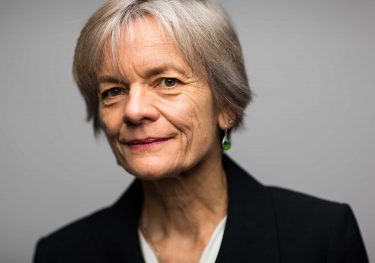
What does the social contract between higher education and the public look like today? I’ve been contemplating our roles as researchers and educators recently, in light of the challenges facing our world.
As a young scientist, I was deeply influenced by Jane Lubchenco’s proposal to formulate a new social contract for science, one that committed us not only to discover knowledge but also to communicate what we know about the Earth and its systems for the benefit of society.
She issued a clarion call that resonated in my own life’s work.
Years ago, my birthday coincided with a New York Times report on my research using tree-ring data to reconstruct historical temperature variations. It felt like a watershed moment: I’d “made it” as a scientist. Then I learned that a radio talk show host had called the article garbage, implying that I was at best dopey if not hopelessly misguided.
I was so naïve. I can recall my shock and anger as if it were yesterday. Luckily, my dismay quickly turned to introspection: If journalists and skeptics both responded to the science, something big must be at stake.
I doubled down on my paleoclimatic research, one of many peers across fields working to untangle the relative importance of human impacts on the climate system so that the whole human community could make informed decisions about our planet’s future.
In other words, I deeply internalized Lubchenco’s social contract. In exchange for generous public funding for my work, I was determined to provide the best, most reliable and robust science that was relevant to emerging climate change questions.
Today, it’s tempting to look around and feel that our social contract is broken. But the view from inside the College looks different.
Here, the social contract persists. The College remains steadfast in its mission to discover the workings of the Earth and to use that understanding to provide reliable, robust and relevant knowledge to society. We cultivate relationships with communities, tribal nations, NGOs, agencies and future scientists — relationships that strengthen our resolve to produce sound science in the service of our world. We encourage our students to cultivate knowledge and experience that will ripple out into the world around them.
We keep the flame alive.
What does society expect us to provide? Where are we delivering, and where could we do better? Let’s face the future together with steadiness and resolve. Together, we are exactly what the world needs us to be right now.
Lisa J. Graumlich
Dean, College of the Environment
Mary Laird Wood Professor

